domestic violence recovery
Love Shouldn’t Hurt
You’re out. You’re settled into a safer reality. Now is the time to fully heal.
Don’t let the past define you any longer.
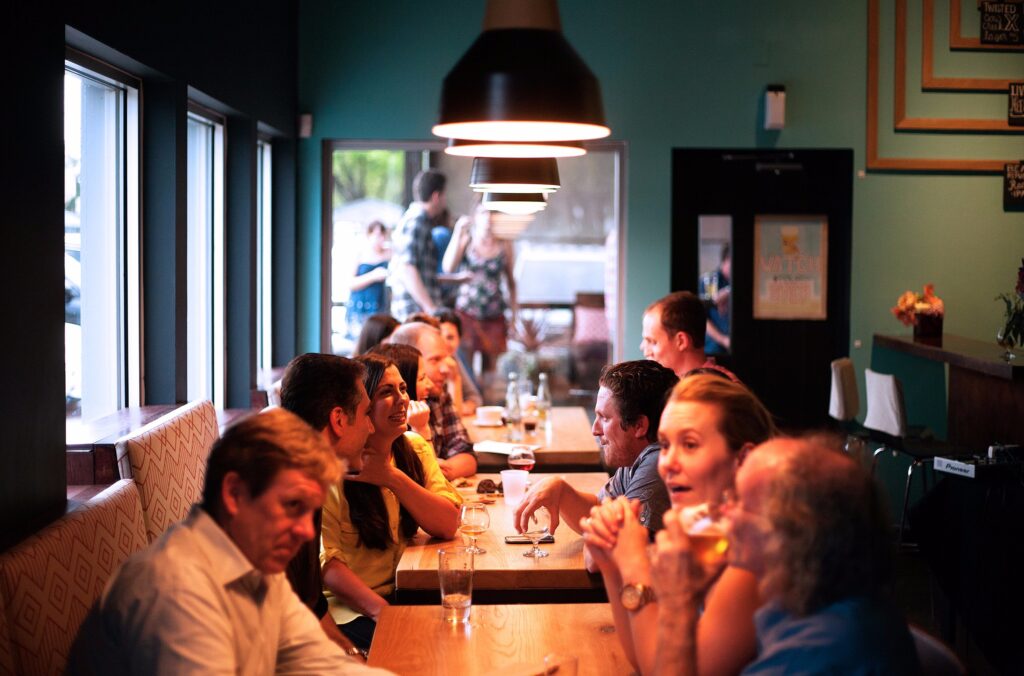
Domestic violence 9-1-1 calls are on the rise.
Relationships are suffering.
Finances are strained.
If you are in need of immediate safety support right now, don’t wait. We aren’t a crisis facility.
Call the Domestic Violence Hotline at 1-800-799-7233.
But if you’re no longer in danger, but still feeling the impact on your relationships, your mood, and the way you see yourself, Hope For The Journey’s expert EMDR Therapy and specialized care are here to help.
You are out of a bad relationship. It may have been recently, or it was years ago.
But you haven’t been able to move completely past it.
Many people find that after leaving an abusive relationship, they continue to struggle with:
- Feeling worthless and ashamed
- Trust issues
- Feeling on edge and unable to relax
- Sleep problems and/or nightmares
- Problems with sex
You’ve experienced domestic violence in the past. But you may need some help on your domestic violence recovery journey. Luckily, Hope For The Journey has experienced clinicians who are able to provide online therapy. A domestic violence counselor can help you not only get through the current crisis but also heal from the past.
You Got Out. Why Can’t You “Just Get Over It“?
Getting out of the relationship is huge. It takes guts. This is often the most dangerous point in an interpersonal violence relationship. You should feel proud, and unfortunately, the hard work is not over quite yet.
Now you have to learn to live with it. Learn from it. Figure out how to find healthy relationships and learn to trust again.
These things are hard–especially because the memories themselves can be so difficult.
We’re here for you. A trained domestic violence counselor can help you move on.
Domestic Violence Recovery in Round Rock, TX, Cedar Park, TX and Austin, TX Can Help You Heal Once You Are Safe
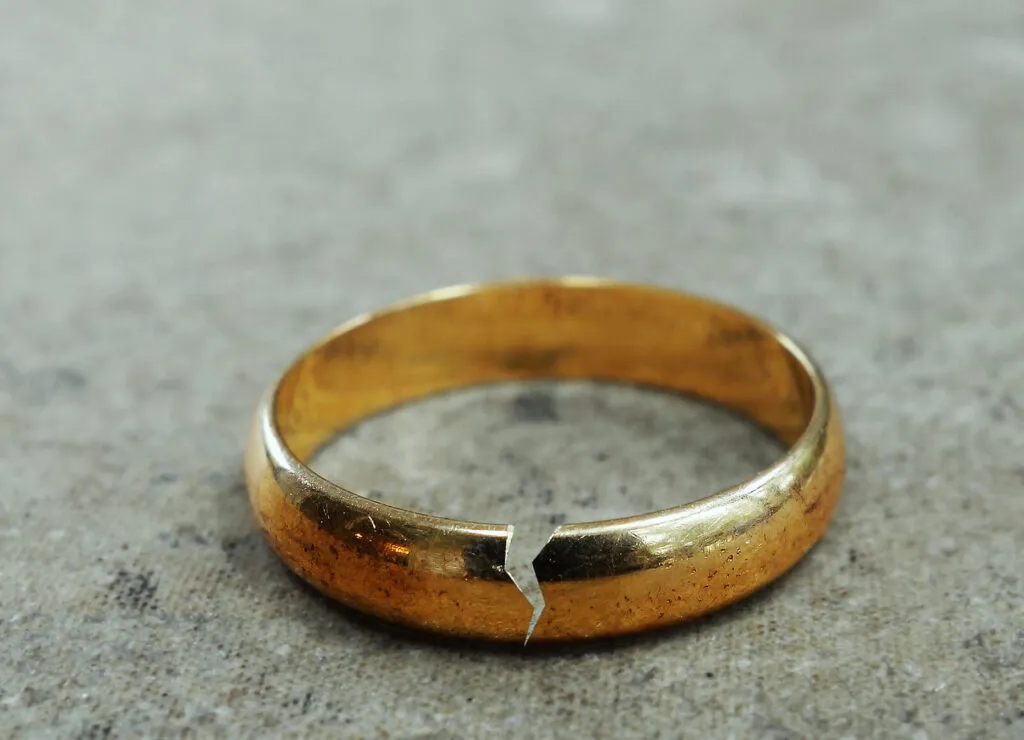
What Is Domestic Violence?
Is there is a cycle of power and control in your relationship? If so, you may be in an interpersonal violence relationship. This doesn’t have to be with someone you live with. Dating relationships count, too.

Domestic violence relationships often show signs of the following:
- Threats to hurt you or the people you care about
Humiliation–especially in front of others - Threats to hurt you or commit suicide if you leave
- Criticism or blame for everything that goes wrong
- Controlling your access to money
- Controlling the decision-making
- Controlling your time and what you do
- Put-downs, name-calling, making you feel like you’re crazy
- Destruction of property or abusing pets
- Physical force like hitting, kicking, punches, pushing, choking…even if it just happened once
- Forcing or coercing you to have sex
Relationships come on a spectrum…from healthy to unhealthy to abusive. It’s important to learn where you have fallen on the spectrum in the past. Doing so can help you to move closer to the healthy side of the spectrum in the future. But to get there, you have to be able to talk about what happened in the first place.
So, we help you first turn down the volume of the memories.
It may seem impossible to ever feel calm and curious about the terrible things that have happened to you. But calm and curious are the best ways to learn. There are many great, short-term treatment options available. Our clinicians are always honing their skills to offer a variety of options to keep you calm and curious.
Once the memories are no longer triggering, we help you break down what happened. This way, you can actually understand how you got into this situation.
Then, we explore ways that you can protect yourself in the future. This doesn’t mean you caused what happened. Instead, it means that there are always red flags in unhealthy and abusive relationships. Once you know how to spot them and are strong enough to act, you can weed out the bad apples fast. Then, you can better spend your energy building strong, healthy relationships.
What To Expect From Domestic Violence Recovery
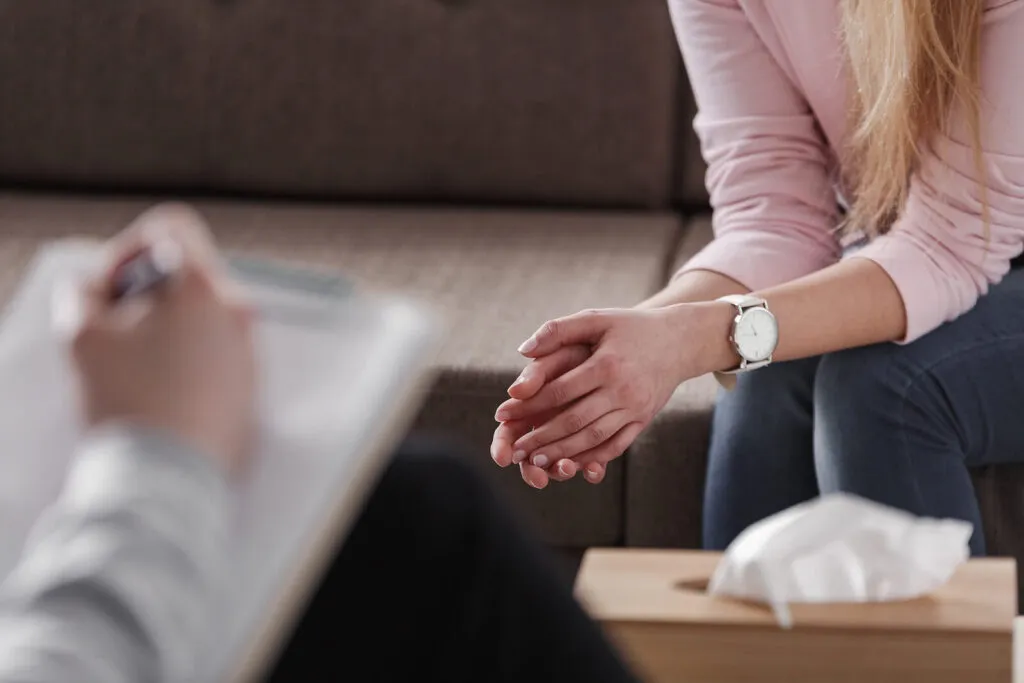
How We Help Your Domestic Violence Recovery
1. Heal The
Memories
2. Believe In
Yourself Again
3. Feel Stronger
Than Before
Domestic violence counseling is what you make of it. The first step is making sure you have a therapist that you like and feel confident in. That’s why all our counselors always work to hone their skills. We do so to provide you with the most effective, up-to-date treatment options available.
You matter. Your needs, wants, and likes are important–especially in domestic violence recovery. Some agencies have a cookie-cutter method to treatment. At Hope For The Journey, we know that your treatment needs to be as individual as you. So, we work to make sure we are meeting your needs from start to finish. And if not, we want to hear from you so we can make the adjustments needed.
We offer both individual and group domestic violence recovery options based on the current needs of our clients.
Individual counseling can be anywhere from 8-16 sessions or longer. This depends on the complexity of clinical needs. Group counseling is a more affordable option. Having a group gives you support not only from your counselor but also from those who have been through similar experiences. It can be very powerful among people who actually “get it”.
We work with adults and children who have witnessed domestic violence. And, of course, if you need both, we have you covered there, too. Adults often work through the experience and then learn to re-engage in life. For example, you may start dating again if that’s something you are ready for. Children often work through the experience and need to understand that what happened is not their fault.
A Skilled Domestic Violence Counselor Makes All The Difference
Meet The Staff
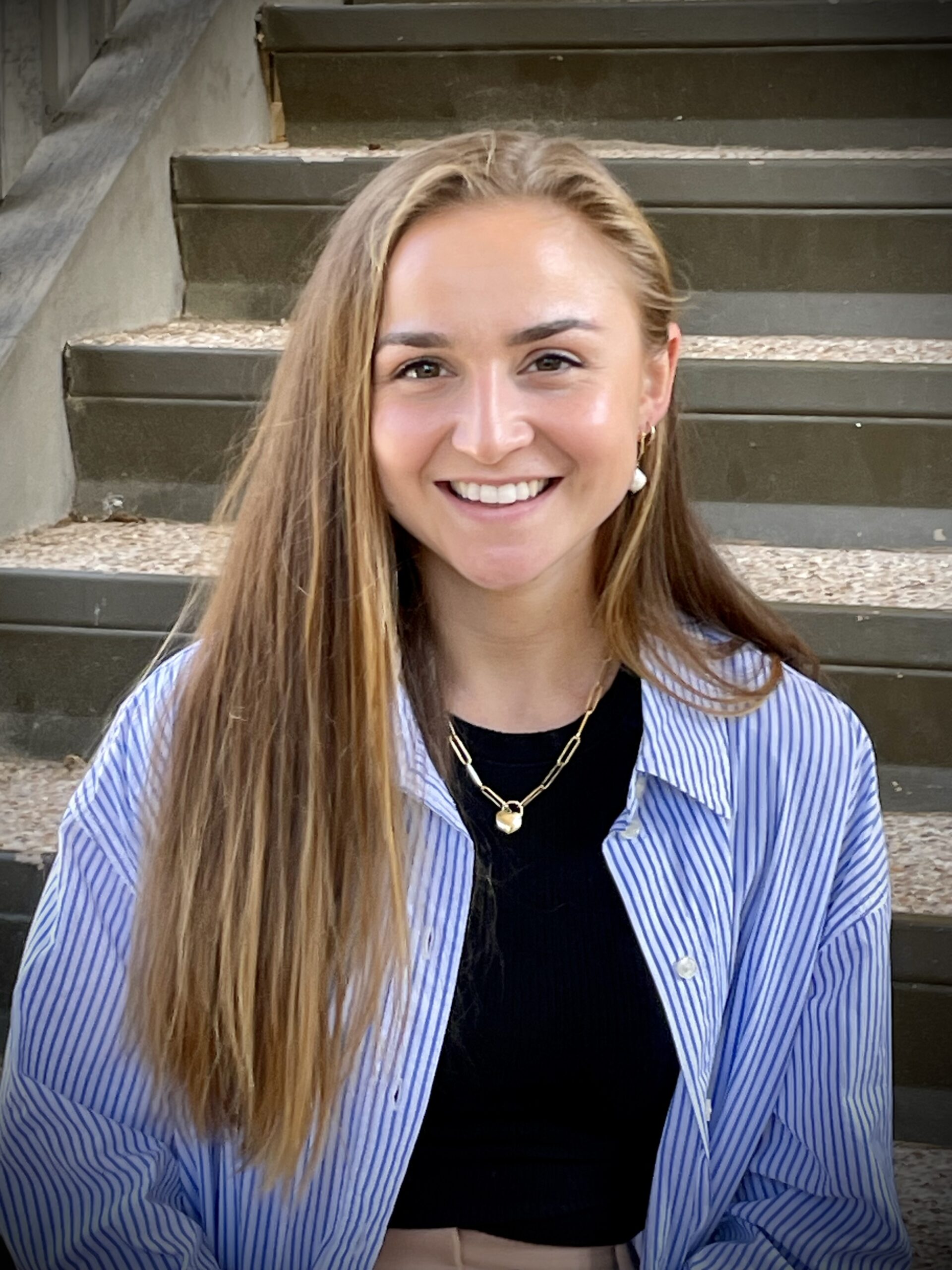
Resident Clinician Bailey Pellissier, LMSW, EMDR
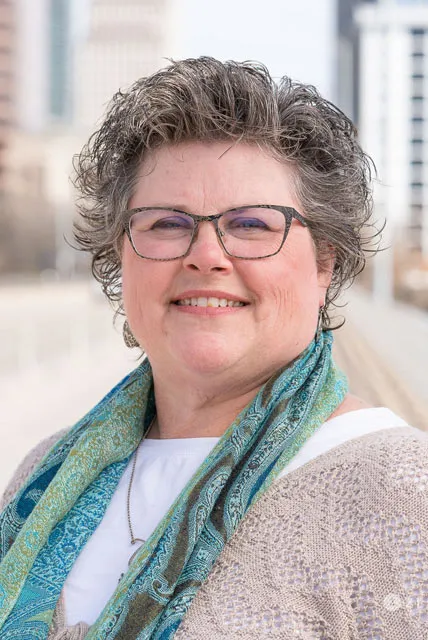
Senior Clinician Heather Hammock, LMFT, EFT, EMDR Certified, Sex Therapist

Advanced Clinician Oliver Papa, LPC, EMDR, Narrative Therapy

Advanced Clinician Shauna Onabajo, LPC, EMDR

Advanced Clinician Sophie Chudleigh, LCSW, EMDR

Traci W. Pirri, LCSW-S, Founder/Executive Director, EMDR Consultant

Senior Therapist Maegan Woytek, LPC, EMDR Certified
If you want to know more or are ready to get started, we want to make the process as simple as possible.
Click on the button below to access our online calendar for a free 15-minute telephone consultation. You can leave a message for us, or call right now. You can also select the Client Portal option and skip straight to scheduling an appointment. Again, this is all online so even if you are seeing this in the middle of the night, you can act now.
Wherever you are on the journey, you don’t have to do this alone. We are here for you.
